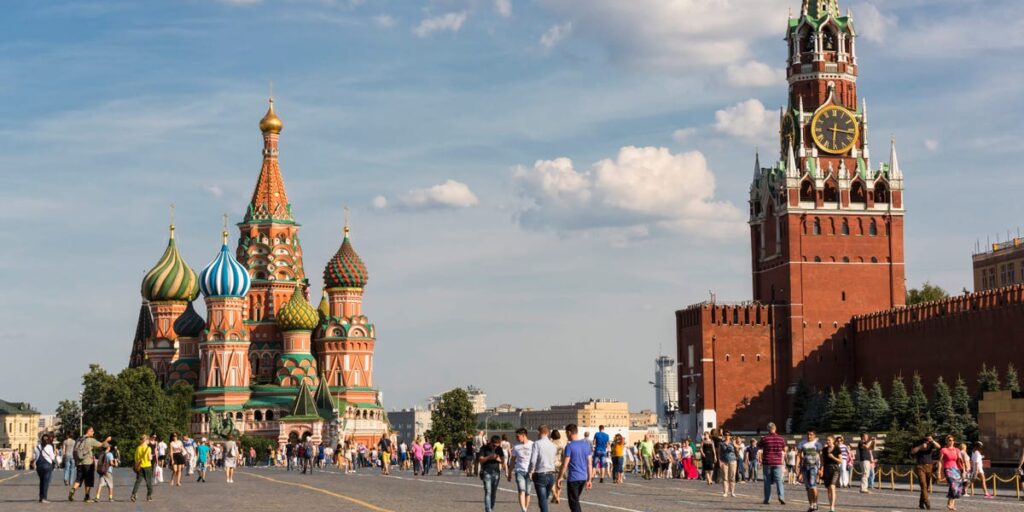Some big banks in Russia are reportedly getting ready to ask for an emergency bailout if their finances don’t improve over the next year.
Executives in at least three of the country’s big banks have considered the risk that they may need to ask Russia’s central bank for a bailout in the next year, Bloomberg reported this week.
The banks, which the Bank of Russia has classified as critically important to the nation’s financial system, have had private discussions about how to approach the central bank for a bailout, the report said, adding that the discussions were growing more urgent.
The talks took place because the lenders’ balance sheets look worse than what the official data suggests, Bloomberg said, citing the people and internal documents. The likelihood of asking for a bailout will depend on how many bad loans the banks continue to accumulate this year, the sources said.
Stress in the banking sector is another sign of how Russia’s economy has struggled to bear the costs of its war in Ukraine, though its banking system looks to be on solid footing, according to the official statistics.
Russian banks took in a record 4 trillion rubles, or $50.9 billion in profits in 2024. Monthly net profits also swelled by a third in June compared to the same level last year, according to central bank data released on Friday.
Russia’s central bank also says the nation has a low share of bad debt overall. The share of “problem loans” to corporate borrowers stood at around 4% as of October 2024, according to the Bank of Russia’s latest Financial Stability Review.
The review acknowledged that the creditworthiness of Russia’s corporate sector has “slightly declined,” due to “serious delinquencies seriously increasing” among small businesses.
Consumers are also falling behind on payments, with the share of delinquent unsecured consumer loans that were more than 90 days delinquent rising to 10.5% at the end of the first quarter.
Top bankers in Russia have also expressed concern about their finances and the outlook for the coming year.
Herman Gref, the CEO Sberbank, said the bank’s path forward for the next year would “not be easy” when speaking to investors at a meeting in June. He pointed to the declining quality of loans and more companies restructuring their debt.
“I hope, as always, we will be able to find joint plans to get through these difficult times,” he said.
Concerns are rising throughout Russia’s economy as the Ukraine war continues through its third year.
Borrowing costs remain near all-time-highs. The Bank of Russia raised its interest rate to a record 21% last year, before trimming it to 20% in June.
The nation is also running a steep budget deficit and quickly depleting its rainy day fund. Liquid assets in Russia’s national wealth fund dropped to 28 trillion rubles, or $35.6 billion in May, down around 71% from levels at the start of the Ukraine war, according to an analysis from the Peterson Institute for International Economics.
Russia’s economy shrank 0.6% in the first quarter of this year, according to the nation’s federal statistics service.
Read the full article here
















